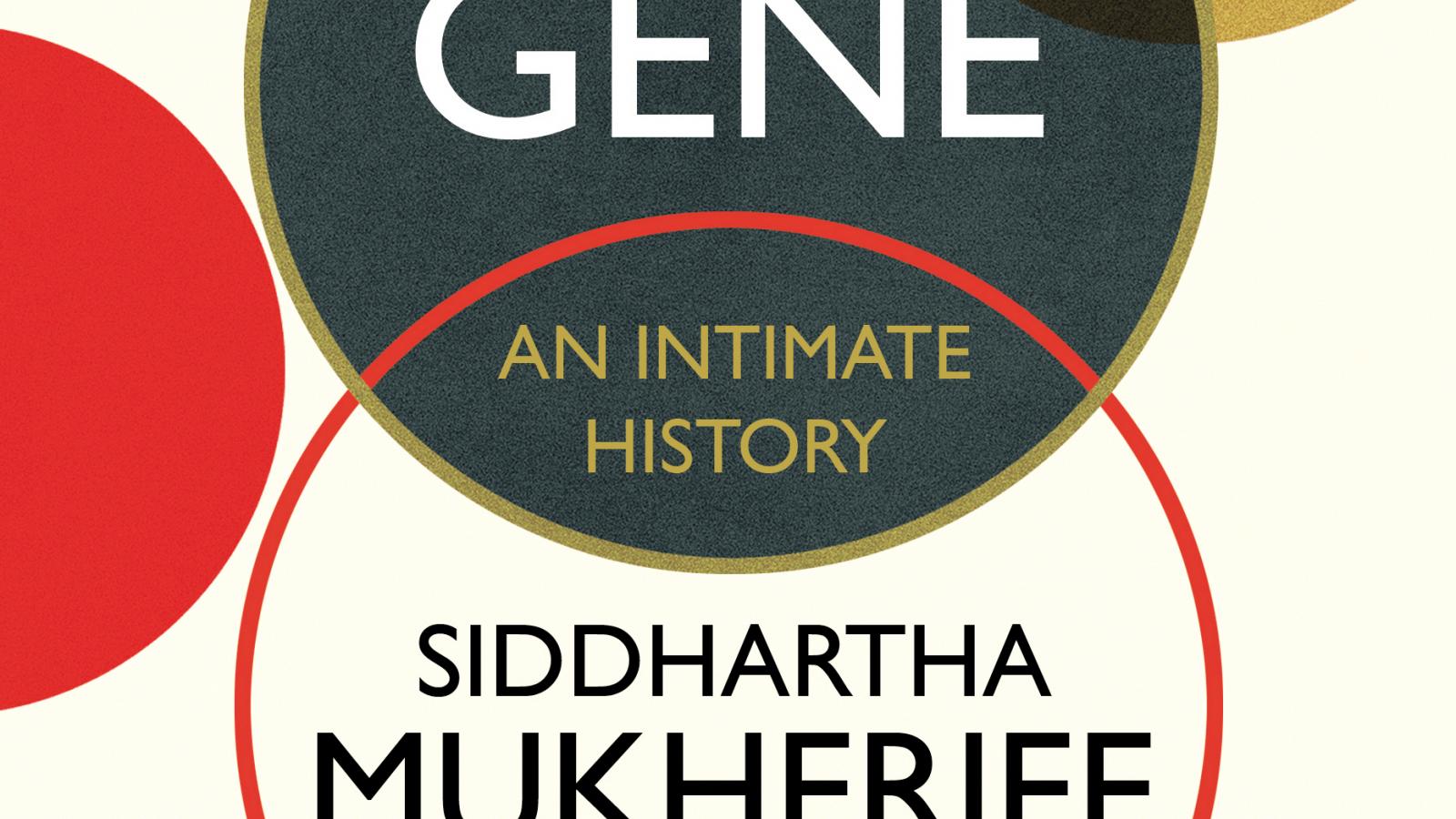


I had thought about "Gene" for a long time while I was writing the cancer book, because it explores the idea of what normalcy means before it tips over into abnormalcy. The realization that all of a sudden we have a technology to change the genome was the third strand. When you study cancer you begin to ask the question, what does the normal cell do? If cancer is a disruption of normalcy, if genes go wrong and make a cell behave in a malignant, dysregulated way, what does the normal genome do? How does it maintain our cells? How does it repair the body? How does it reproduce cells without making errors?įinally, over the last three to four years, as we began to use novel technologies like CRISPR to study stem cells in the laboratory, I began to realize how simple it has become to manipulate the human genome-obviously in cells, but potentially also in stem cells, and perhaps most importantly, in embryonic stem cells. As you know, I’m an oncologist who studies cancer in the lab. The second impetus came from the study of cancer. How does a disease like this happen? Why is it that some people get the genes but might not get the illness? I wanted to know the genetic roots of that.

I had two uncles, a cousin, and several others succumb to variations of schizophrenia and bipolar disease, so it certainly had a big mark on my childhood. SM: The first reason is very personal: it arises from a history of mental illness in my family-a combination of schizophrenia and bipolar disease, which I was very familiar with as a child but began to think about more deeply as I grew up. What prompted you to write your new book, "The Gene: An Intimate History"? Following his Pulitzer Prize-winning book about cancer, "The Emperor of All Maladies," Columbia oncologist and scientist Siddhartha Mukherjee, MD, DPhil, turned his attention to the impact of genes on our lives and our very identity in his new book, "The Gene: An Intimate History." The CUMC Newsroom sat down with him recently to discuss how the book came about and what he hopes it will accomplish.ĬUMC Newsroom: You were prompted to write your book, "The Emperor of All Maladies," after one of your patients asked you to explain what cancer is, not just in clinical terms but rather how we have understood and dealt with it historically.


 0 kommentar(er)
0 kommentar(er)
